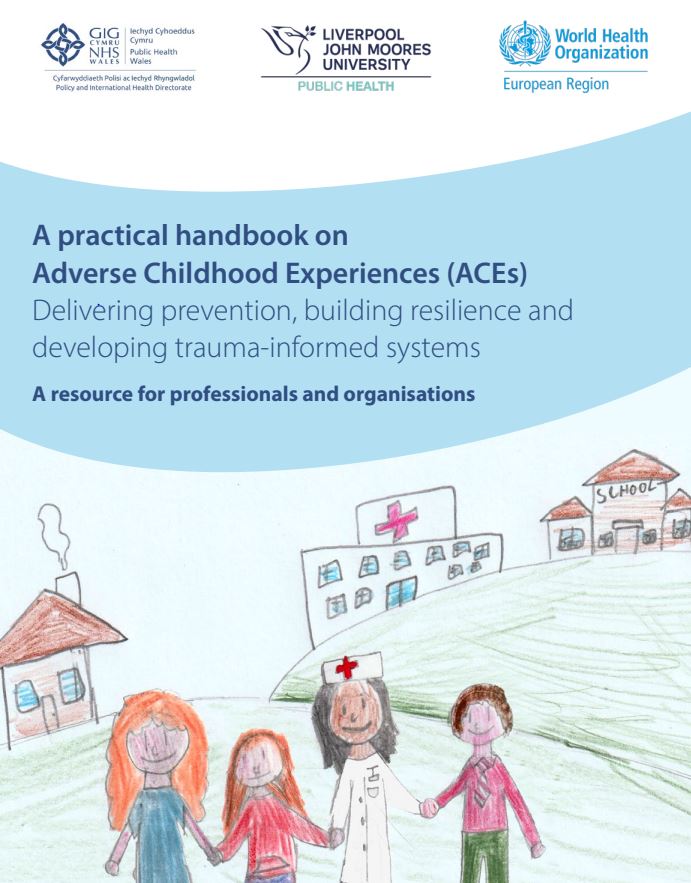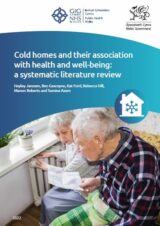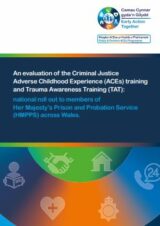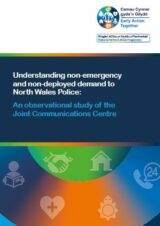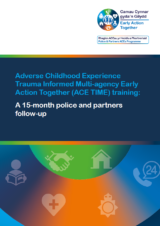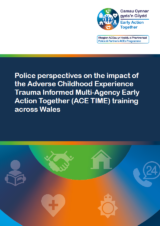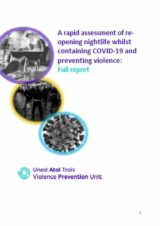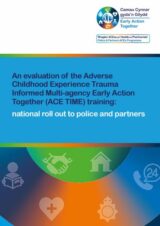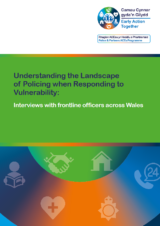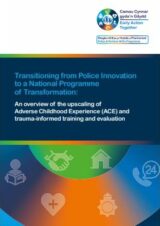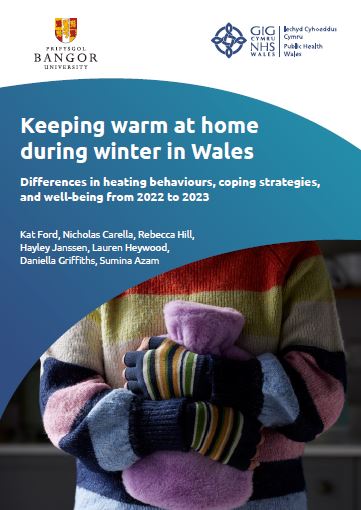
Keeping warm at home during winter in Wales: Differences in heating behaviours, coping strategies, and wellbeing from 2022 to 2023
People’s homes can have a significant impact on their health and well-being. This includes the ability to keep warm at home during winter. This report describes the findings of a national household survey of residents in Wales aged 18 years and over between January to March 2022 (wave one) and repeated between January to March 2023 (wave two). The findings use a sample of 507 participants who completed both survey waves.

